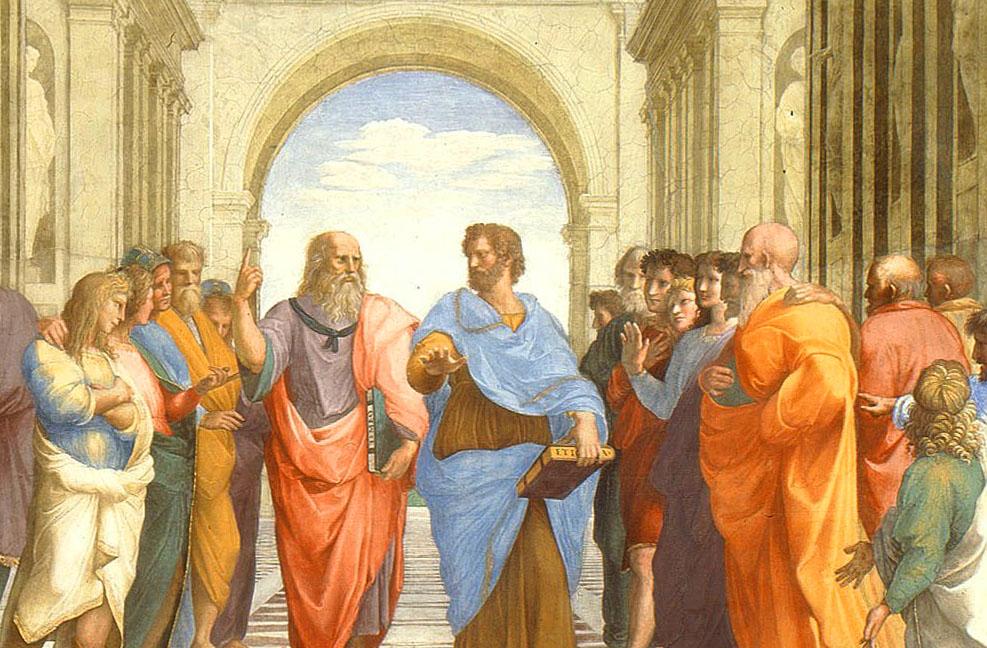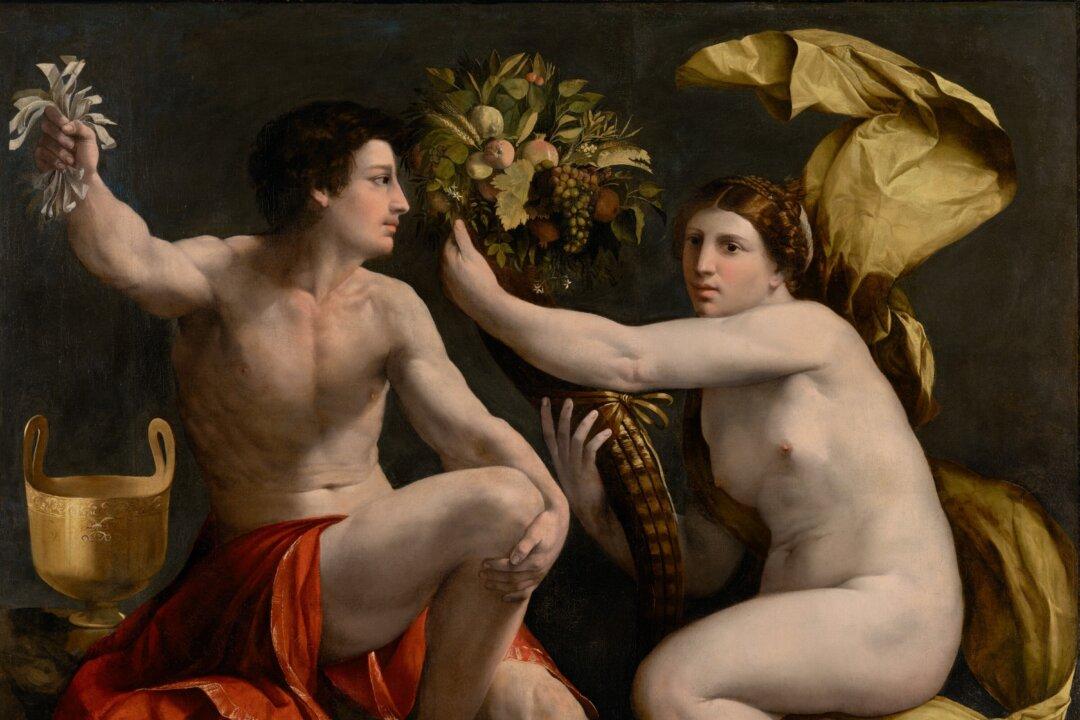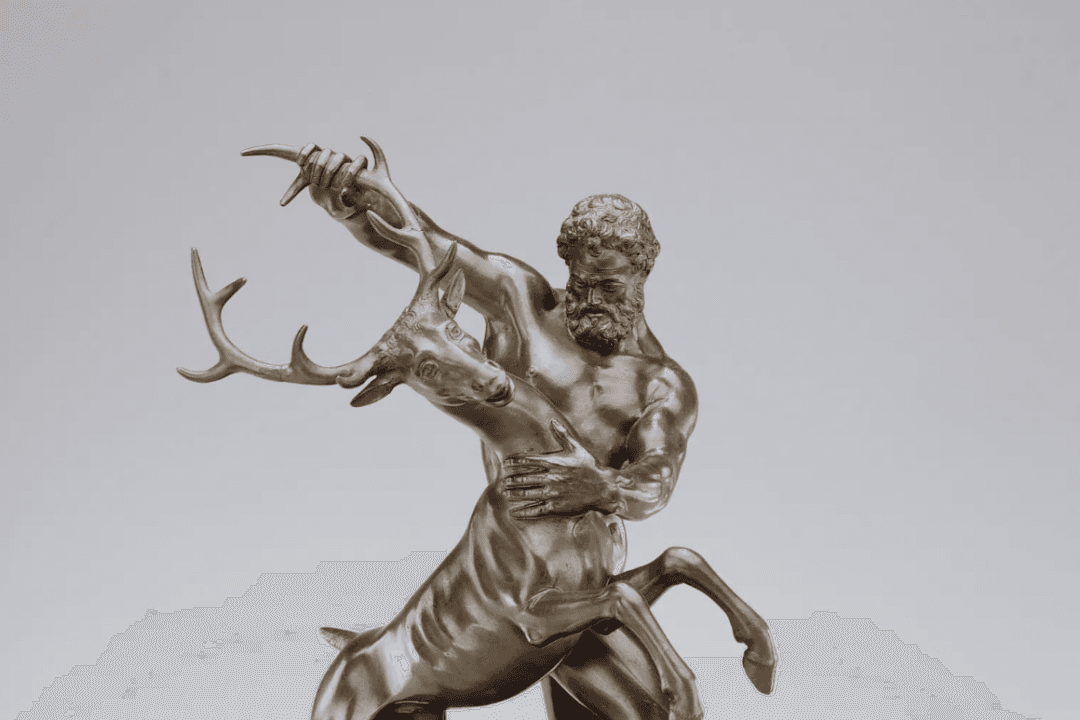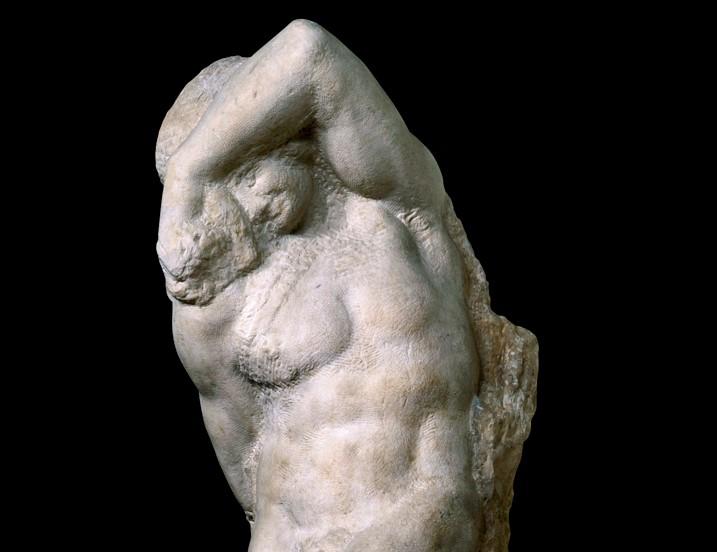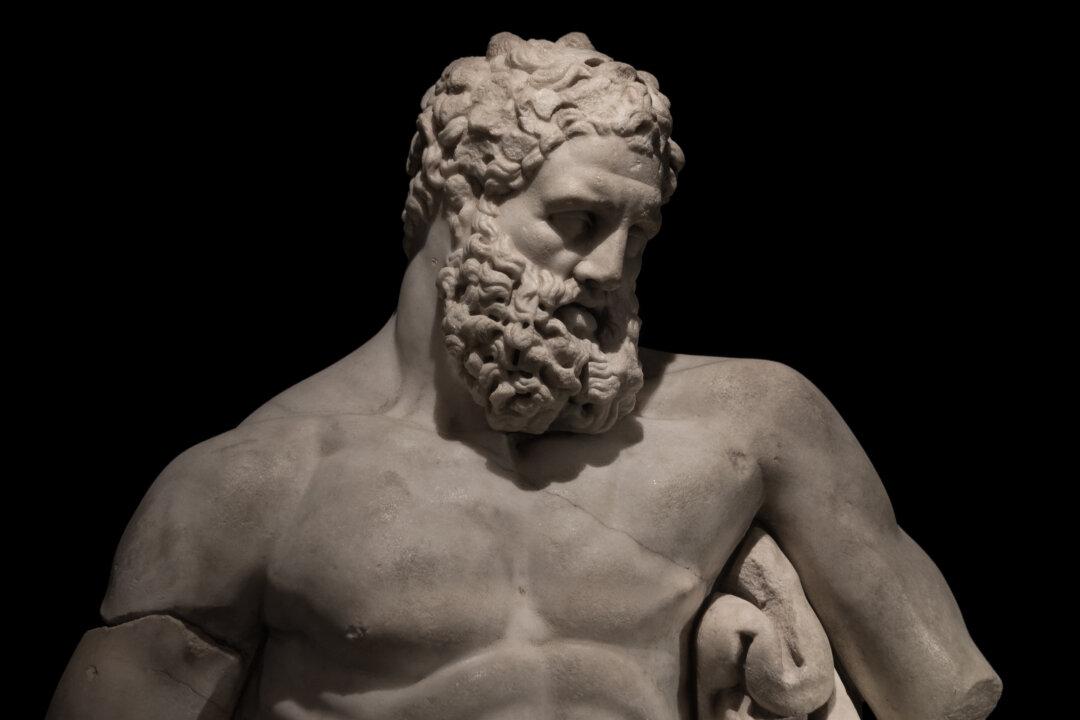We’ve all heard the phrase “Beauty is in the eye of the beholder,” but what does this mean and does it hold weight? In this series, we'll take a casual look at the philosophical debates concerning our experiences with beauty and art. Through questions and reflection, we hope to gain a deeper understanding of beauty and art and their place in our lives.
In the Republic, Plato argues that representational artists (poets, painters, musicians) are liars and should be censured or expelled from the perfect republic. Socrates, the protagonist in Plato’s writings, says:

